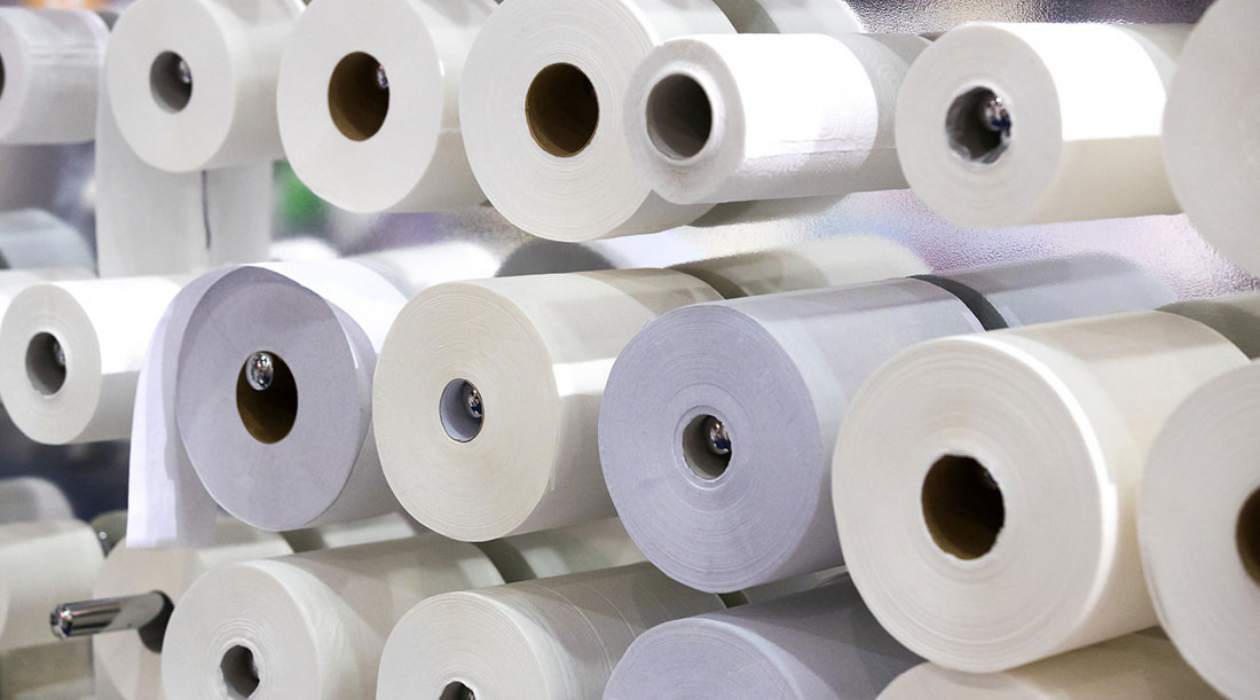

Articles
Which Toilet Paper Is Best For Plumbing
Modified: February 20, 2024
Find out which toilet paper is best for your plumbing with our informative articles. Avoid clogs and plumbing issues by making the right choice.
(Many of the links in this article redirect to a specific reviewed product. Your purchase of these products through affiliate links helps to generate commission for Storables.com, at no extra cost. Learn more)
Introduction
Choosing the right toilet paper for your plumbing system is essential to avoid costly and inconvenient plumbing issues. While we often take it for granted, not all toilet paper is created equal when it comes to plumbing compatibility. The wrong choice of toilet paper can lead to clogged pipes, sewer backups, and costly repairs.
In this article, we will explore the factors to consider when selecting toilet paper for plumbing, the different types of toilet paper available, and how to ensure it is compatible with your plumbing system. By understanding the key considerations, you can make an informed decision and keep your plumbing running smoothly.
Key Takeaways:
- Choose biodegradable and septic-safe toilet paper to protect your plumbing and the environment. It breaks down easily, reduces strain on landfills, and prolongs the life of septic systems.
- Balance thickness and dissolvability for optimal toilet paper performance. Prioritize plumbing compatibility, user comfort, and environmental impact when making your choice.
Read more: Which Plumbing Pipe Is The Best
Factors to Consider for Toilet Paper and Plumbing
When choosing toilet paper that is best for your plumbing system, there are several important factors to consider. These factors will help you determine the toilet paper’s compatibility with your plumbing and prevent potential issues. Let’s take a closer look at these considerations:
- Flushability: One of the most crucial factors is the flushability of the toilet paper. Look for toilet paper that is specifically labeled as “flushable” to ensure that it breaks down easily when flushed.
- Strength and Durability: While you want toilet paper that is strong enough to do its job effectively, excessively thick or overly durable toilet paper can be problematic for plumbing. It may not break down adequately when flushed, leading to clogs and blockages.
- Biodegradability: Opting for biodegradable toilet paper is not only environmentally friendly but also beneficial for your plumbing system. Biodegradable toilet paper breaks down quickly and easily in water, reducing the risk of pipe blockages.
- Dissolvability: Some toilet paper options dissolve more readily in water than others. Look for toilet paper that is designed to dissolve quickly to avoid potential clogs caused by slow dissolving paper.
- Septic System Compatibility: If you have a septic system, it is essential to choose toilet paper that is septic-safe. Septic-safe toilet paper breaks down more easily in septic tanks, minimizing the risk of clogs and extending the life of your system.
- Clog-prevention: Certain toilet paper variants are specifically designed to prevent clogs. These varieties often have special textures or patterns that aid in cleaning the pipes as they are flushed, reducing the chances of blockages.
- User Preferences: While the focus is primarily on plumbing compatibility, it’s important to consider user preferences as well. Factors such as softness, thickness, and overall comfort are subjective and can influence the choice of toilet paper.
By considering these factors, you can choose toilet paper that is not only comfortable but also minimizes the risk of plumbing issues.
Types of Toilet Paper
When it comes to choosing toilet paper, there are several different types available on the market. Each type has its own characteristics and advantages. Here are the commonly found types of toilet paper:
- Biodegradable and Septic-Safe Toilet Paper: This type of toilet paper is specifically designed to break down easily in water and is safe for septic systems. It is typically made from recycled materials or sustainable fibers and is an eco-friendly option.
- Recycled Toilet Paper: Recycled toilet paper is made from post-consumer recycled paper, reducing the demand for virgin fibers. It is an environmentally friendly choice and often has a slightly rougher texture due to the recycling process.
- Virgin Toilet Paper: Virgin toilet paper is made from freshly harvested trees and does not contain recycled materials. It is often softer and has a smoother texture compared to recycled toilet paper. However, it may have a higher environmental impact due to the use of natural resources.
- Scented or Fragrance-Free Toilet Paper: Some toilet papers come with added scents or fragrances to provide a pleasant smell. However, these scented options may contain chemicals that can be irritating to sensitive skin. Fragrance-free toilet paper is a suitable option for those with allergies or sensitivities.
- Eco-Friendly Options: Eco-friendly toilet paper is made from sustainable materials, such as bamboo or hemp fibers, which require fewer resources and chemicals in the manufacturing process. These options are becoming increasingly popular due to their reduced environmental impact.
- Extra-Soft or Luxury Toilet Paper: For those who prioritize comfort, extra-soft or luxury toilet paper may be the preferred choice. These options are often thicker and provide a plush, gentle feel. However, it is important to consider the impact on plumbing, as thicker toilet paper may be less dissolvable.
When selecting the right type of toilet paper, it’s important to consider not only personal preferences but also the compatibility with your plumbing system. Biodegradable and septic-safe options are generally the most recommended, as they are safe for plumbing and the environment.
Biodegradable and Septic-Safe Toilet Paper
Biodegradable and septic-safe toilet paper is an excellent choice for both the environment and your plumbing system. This type of toilet paper is specifically designed to break down easily in water and is safe to use with septic systems. Let’s explore the benefits and considerations associated with biodegradable and septic-safe toilet paper:
Environmental Benefits:
- Biodegradable toilet paper is made from materials that are easily broken down by natural processes, reducing the strain on landfills.
- Using biodegradable toilet paper helps preserve forests by reducing the demand for virgin fibers, as it is often made from recycled paper or sustainable alternatives like bamboo or hemp.
- It minimizes the use of harsh chemicals and bleaching agents commonly used in the production of traditional toilet paper, resulting in a lower environmental impact.
Compatibility with Septic Systems:
- Septic-safe toilet paper is designed to dissolve easily in septic tanks, reducing the risk of clogs and blockages that can occur with non-biodegradable options.
- It helps maintain the balance of bacteria in the septic tank, allowing for efficient breakdown of waste and prolonging the life of the system.
- The quick dissolvability of biodegradable toilet paper also reduces the frequency of septic tank pump-outs, saving both time and money.
Considerations when Using Biodegradable and Septic-Safe Toilet Paper:
- While biodegradable toilet paper is designed to be strong and durable, it may not be as soft or plush as traditional options. Some people may find the texture slightly different and may take time to adjust.
- It is important to verify that the biodegradable toilet paper you choose carries relevant certifications, such as Forest Stewardship Council (FSC) or septic tank-safe labels, to ensure its credibility.
- Ensure that you use an appropriate amount of toilet paper to avoid overloading the septic system.
Ultimately, choosing biodegradable and septic-safe toilet paper is a sustainable and responsible choice that benefits both the environment and your plumbing system. By opting for this type of toilet paper, you can minimize your ecological footprint while keeping your plumbing running smoothly.
Recycled Toilet Paper
Recycled toilet paper is an eco-friendly option that is gaining popularity among environmentally-conscious consumers. It is made from post-consumer recycled paper, which helps reduce the demand for virgin fibers and minimizes the impact on forests. Let’s delve into the advantages and considerations associated with recycled toilet paper:
Environmental Benefits:
- Recycled toilet paper is made from paper products that have already been used and would otherwise end up in landfills. Using recycled materials helps conserve natural resources and reduce waste.
- By opting for recycled toilet paper, you are contributing to the preservation of forests and biodiversity. This choice lowers the demand for wood pulp, which is commonly used to produce traditional toilet paper.
- The manufacturing process for recycled toilet paper generally requires less energy and water compared to the production of non-recycled options, resulting in a lower carbon footprint.
Texture and Quality:
- Recycled toilet paper can have a slightly rougher texture compared to traditional options due to the recycling process. However, manufacturers have made significant improvements, and many recycled varieties now offer comparable softness and comfort.
- It is important to note that the texture can vary between different brands and products, so it may be worth trying different options to find the one that suits your preferences best.
Considerations when Using Recycled Toilet Paper:
- Some individuals may experience a slight difference in performance or consistency when using recycled toilet paper, especially if they have been accustomed to non-recycled ones. However, this adjustment period is usually minimal.
- Not all recycled toilet papers are created equal in terms of quality and sustainability. It is advisable to look for trusted brands that use high-quality recycled materials and have certifications such as the Forest Stewardship Council (FSC) label.
- While recycled toilet paper is an excellent choice for the environment, it is important to dispose of it correctly. Avoid flushing large amounts of toilet paper at once, as it can still contribute to plumbing issues if not used in moderation.
By choosing recycled toilet paper, you are making a positive impact on the environment by reducing waste and supporting sustainable practices. It offers a viable alternative to traditional toilet paper, allowing you to maintain your plumbing while making a conscious choice for the planet.
Look for toilet paper labeled as “septic-safe” or “plumbing-friendly” to minimize the risk of clogs and damage to your plumbing system. Avoid using ultra-thick or heavily textured toilet paper.
Virgin Toilet Paper
Virgin toilet paper is the traditional type of toilet paper that is made from freshly harvested trees. It does not contain recycled materials and is known for its softness and high-quality texture. While virgin toilet paper is widely used and preferred by many, there are several factors to consider when choosing this type of toilet paper:
Softness and Comfort:
One of the main advantages of virgin toilet paper is its soft and luxurious feel. The use of fresh fibers in the manufacturing process allows for a smoother texture that many people find more comfortable to use.
Strength and Absorbency:
Virgin toilet paper is often praised for its strength and absorbency. The fibers used create a durable product that can effectively perform its intended function without falling apart or becoming overly saturated.
Wide Range of Options:
Virgin toilet paper comes in a wide variety of options to suit different preferences. You can choose from different ply thicknesses, number of sheets per roll, and various brands offering additional features such as lotion-infused or patterned designs.
Environmental Considerations:
While virgin toilet paper offers superior softness and quality, it is important to consider the environmental impact associated with its production. The production process requires the cutting down of trees and extensive use of water and energy resources.
However, it is worth noting that many responsible manufacturers are implementing sustainable practices in their production processes. Some brands use tree farms where trees are grown specifically for the purpose of making paper, ensuring a more sustainable supply of virgin fiber.
Choosing Responsibly Sourced Virgin Toilet Paper:
If you prefer virgin toilet paper but are concerned about its environmental impact, you can look for products that are certified by credible organizations such as the Forest Stewardship Council (FSC). These certifications ensure that the paper comes from responsibly managed forests, promoting sustainable forestry practices.
Ultimately, the choice between virgin and recycled toilet paper depends on your personal preferences and priorities. If softness and comfort are crucial to you, virgin toilet paper may be the preferred option. However, it is important to balance these preferences with the environmental impact and consider eco-friendly alternatives whenever possible.
Toilet Paper Thickness and Durability
The thickness and durability of toilet paper play an important role in determining its overall performance and user satisfaction. When choosing toilet paper, it is essential to consider the balance between thickness and durability for optimal functionality. Let’s explore the significance and considerations associated with toilet paper thickness and durability:
Thickness:
Toilet paper thickness is typically measured by the number of plies or layers present. Common options include single-ply, double-ply, and even triple-ply varieties. Each has its own advantages and considerations:
- Single-Ply: Single-ply toilet paper consists of one layer of paper and is generally thinner than higher ply options. While it may be less soft or luxurious, it can still provide an adequate level of comfort for most users and has the advantage of being more affordable.
- Double-Ply: Double-ply toilet paper is made up of two layers bonded together. This extra layer adds thickness and strength, providing increased durability and a softer feel. Double-ply toilet paper is a popular choice for those seeking a balance between comfort and cost.
- Triple-Ply: Triple-ply toilet paper offers a higher level of thickness and plushness. With three layers, it provides a more luxurious and gentle experience. However, it is important to note that the increased thickness may affect its dissolvability and can put additional strain on plumbing systems.
Durability:
The durability of toilet paper refers to its strength and ability to hold up to regular use without tearing or disintegrating. Here’s why durability matters:
- Durable toilet paper ensures that it remains intact during use, minimizing the risk of any messy incidents.
- Strong and durable toilet paper is less likely to separate or leave behind residue, providing a more hygienic user experience.
- It allows for better control and cleaning, as it stays intact while wiping.
Considerations:
- Thicker toilet paper tends to be softer and more comfortable, but it may not dissolve as easily in water. This can lead to plumbing issues, especially in older or sensitive plumbing systems.
- While durability is important, excessively thick or sturdy toilet paper may not break down quickly enough, potentially causing clogs or blockages in your pipes.
- It’s essential to strike a balance between thickness and dissolvability to ensure smooth flushing and minimize the risk of plumbing problems.
Ultimately, choosing the right toilet paper thickness and durability depends on personal preferences and the condition of your plumbing system. Consider the trade-offs between softness, absorbency, cost, and plumbing compatibility to find the optimal choice for your needs.
Toilet Paper Dissolvability
The dissolvability of toilet paper is a crucial factor to consider when choosing the right option for your plumbing system. Dissolvability refers to how well toilet paper breaks down when flushed, ensuring smooth and efficient disposal. Let’s explore the importance and considerations related to toilet paper dissolvability:
Preventing Plumbing Issues:
Choosing toilet paper with good dissolvability is vital for the proper functioning of your plumbing system. Here’s why:
- Fast dissolving toilet paper reduces the risk of clogs and blockages in your pipes. When toilet paper doesn’t break down efficiently, it can accumulate in the plumbing, leading to potential backups and costly repairs.
- Proper dissolvability ensures the smooth flow of wastewater through your plumbing system, preventing backups and minimizing the need for frequent maintenance or pipe cleaning.
- Choosing a toilet paper that dissolves well can also help maintain the efficiency and prolong the lifespan of your septic system.
Factors Affecting Dissolvability:
Several factors can influence the dissolvability of toilet paper. It’s important to consider these factors when selecting the right option:
- Ply and Thickness: Generally, single-ply toilet paper dissolves more easily than multi-ply options. Thinner toilet paper tends to break down faster, ensuring compatibility with plumbing systems.
- Composition and Materials: Toilet paper made from recycled content tends to dissolve more readily compared to those made from virgin fibers. Recycled materials often undergo a less intensive manufacturing process, resulting in easier breakdown.
- Quality and Manufacturing Standards: Look for toilet paper that meets industry standards and has a track record of good dissolvability. Check for certifications and labels indicating that the toilet paper is septic-safe or compatible with plumbing systems.
Reading Consumer Reviews:
Consumer reviews can be a valuable resource when determining the dissolvability of a particular toilet paper brand or product. Reading about real-life experiences and feedback from other consumers can help you make an informed decision and ensure compatibility with your plumbing system. Look for reviews that specifically mention dissolvability and plumbing compatibility.
Testing Dissolvability:
If you are unsure about the dissolvability of a particular toilet paper before making a purchase, you can conduct a simple test. Submerge a sample of the toilet paper in a bowl of water and observe how quickly it breaks down. If it dissolves relatively quickly and without leaving behind any residue, it’s likely to be compatible with your plumbing system.
By prioritizing dissolvability when choosing toilet paper, you can help prevent plumbing issues and ensure the smooth operation of your plumbing system. Finding the right balance between dissolvability, strength, and comfort will allow you to make a confident choice that keeps your pipes flowing freely.
Tips for Avoiding Plumbing Issues
Toilet paper plays a significant role in the overall health of your plumbing system. By following some simple tips and practices, you can minimize the risk of plumbing issues and keep your pipes flowing smoothly. Here are some helpful tips to avoid plumbing problems:
- Choose Plumbing-Compatible Toilet Paper: Opt for toilet paper that is labeled as “flushable,” “septic-safe,” or “plumbing-friendly.” These types of toilet paper are designed to break down easily when flushed, reducing the chance of clogs or backups.
- Use the Right Amount: Use an appropriate amount of toilet paper when you use the toilet. Avoid using excessive amounts that can overwhelm your plumbing system and increase the risk of clogs.
- Avoid Flushing Other Materials: Toilet paper is specifically designed to break down in water. Avoid flushing other materials such as wet wipes, tissue paper, cotton balls, or feminine hygiene products, as these can accumulate and lead to blockages.
- Consider Alternative Disposal: For materials that are not flushable, such as wet wipes or cotton pads, dispose of them in a garbage bin instead of flushing them down the toilet. This helps prevent unnecessary strain on your plumbing system.
- Regular Maintenance: Schedule regular plumbing maintenance to identify and address any potential issues before they become major problems. Professional plumbers can inspect your pipes, identify blockages, and provide necessary maintenance or repairs to keep your system functioning properly.
- Be Mindful of Older Plumbing Systems: If you have an older plumbing system, it may be more prone to clogs and blockages. In such cases, using thinner or single-ply toilet paper can help reduce the strain on your pipes.
- Educate Household Members: Teach everyone in your household about proper toilet paper usage and the importance of not flushing non-flushable items. Awareness and good habits can go a long way in preventing plumbing issues.
- Schedule Regular Septic Tank Pumping: If you have a septic system, it is important to schedule regular pumping to prevent solids and sludge buildup. This will help maintain the overall health and efficiency of your septic system.
- Address Plumbing Issues Promptly: If you notice any signs of plumbing problems such as slow drains, gurgling sounds, or foul odors, address them promptly. Ignoring these issues can lead to more significant damage and costly repairs down the line.
By following these tips and adopting responsible toilet paper usage habits, you can minimize the risk of plumbing issues and keep your plumbing system in good working condition. Remember, proper maintenance and mindful practices will ensure the efficient and trouble-free operation of your toilet and plumbing system.
Read more: Which Way Should A Toilet Paper Holder Face
Conclusion
Choosing the right toilet paper for your plumbing system is essential to prevent costly plumbing issues and maintain a smooth-running system. By considering factors such as flushability, strength and durability, biodegradability, and septic system compatibility, you can make an informed decision about the type of toilet paper that best suits your needs.
Biodegradable and septic-safe toilet paper offers environmental benefits by breaking down easily in water and reducing strain on landfills. It is particularly important for those with septic systems, as it helps maintain the efficiency and longevity of the system.
Recycled toilet paper provides an eco-friendly option by utilizing post-consumer recycled materials, reducing the demand for virgin fibers, and minimizing waste. While it may have a slightly different texture compared to virgin toilet paper, it offers a sustainable alternative for environmentally-conscious individuals.
Virgin toilet paper, on the other hand, offers a softer and more luxurious feel. However, it is essential to consider the environmental impact of its production and seek responsibly sourced options if you choose this type.
The thickness and durability of toilet paper should be carefully balanced to ensure both comfort and dissolvability. Thicker toilet paper may provide a more pleasant experience, but thinner options often dissolve more easily, reducing the risk of clogs and blockages in the plumbing system.
To avoid plumbing issues, it is important to choose toilet paper that is compatible with your plumbing system, use an appropriate amount, and avoid flushing non-flushable materials. Regular maintenance and timely addressing of plumbing issues are also crucial in preventing major problems.
In conclusion, by considering the various types of toilet paper available, understanding their compatibility with plumbing systems, and adopting responsible usage habits, you can keep your plumbing system in good condition while contributing to a more sustainable and eco-friendly future.
Frequently Asked Questions about Which Toilet Paper Is Best For Plumbing
Was this page helpful?
At Storables.com, we guarantee accurate and reliable information. Our content, validated by Expert Board Contributors, is crafted following stringent Editorial Policies. We're committed to providing you with well-researched, expert-backed insights for all your informational needs.
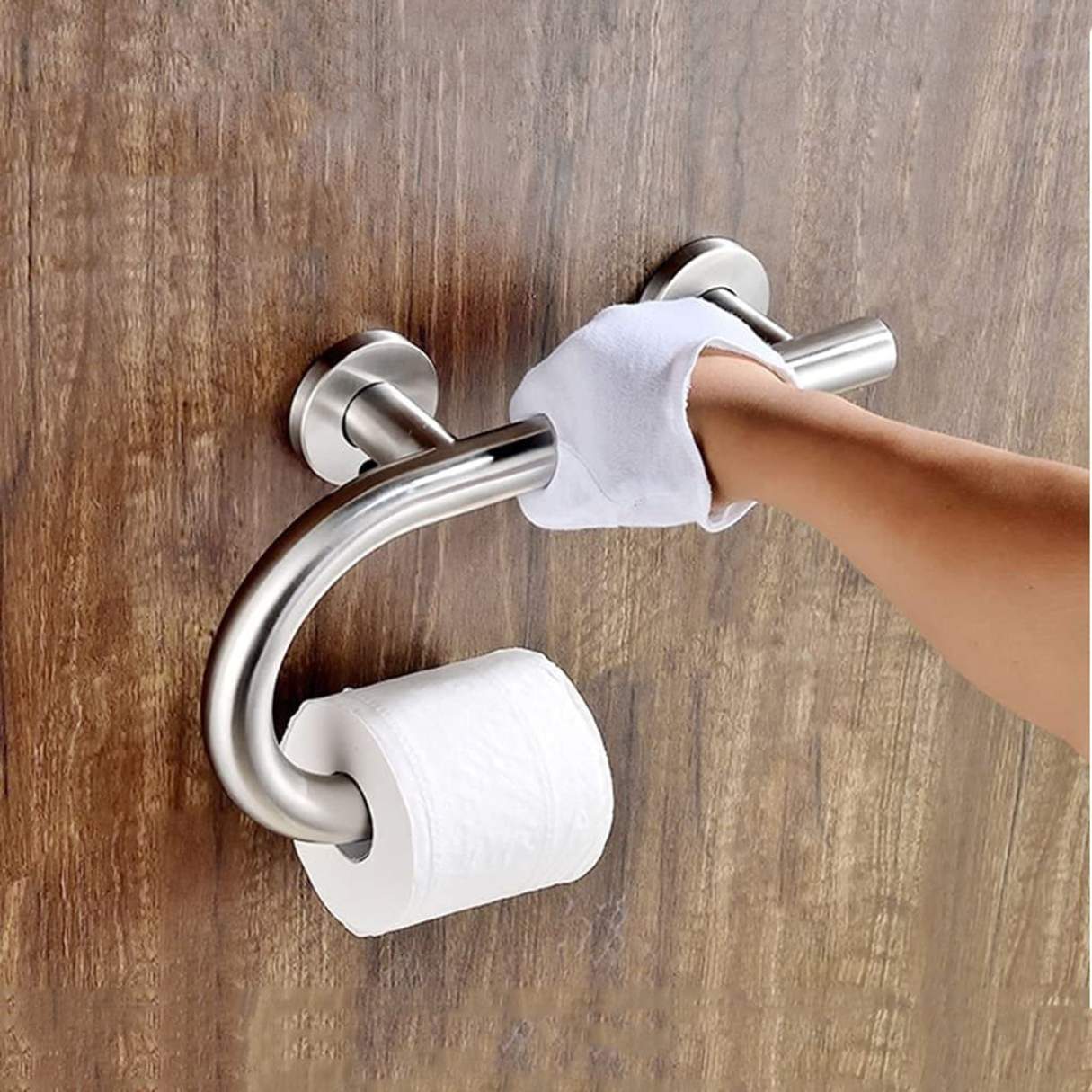
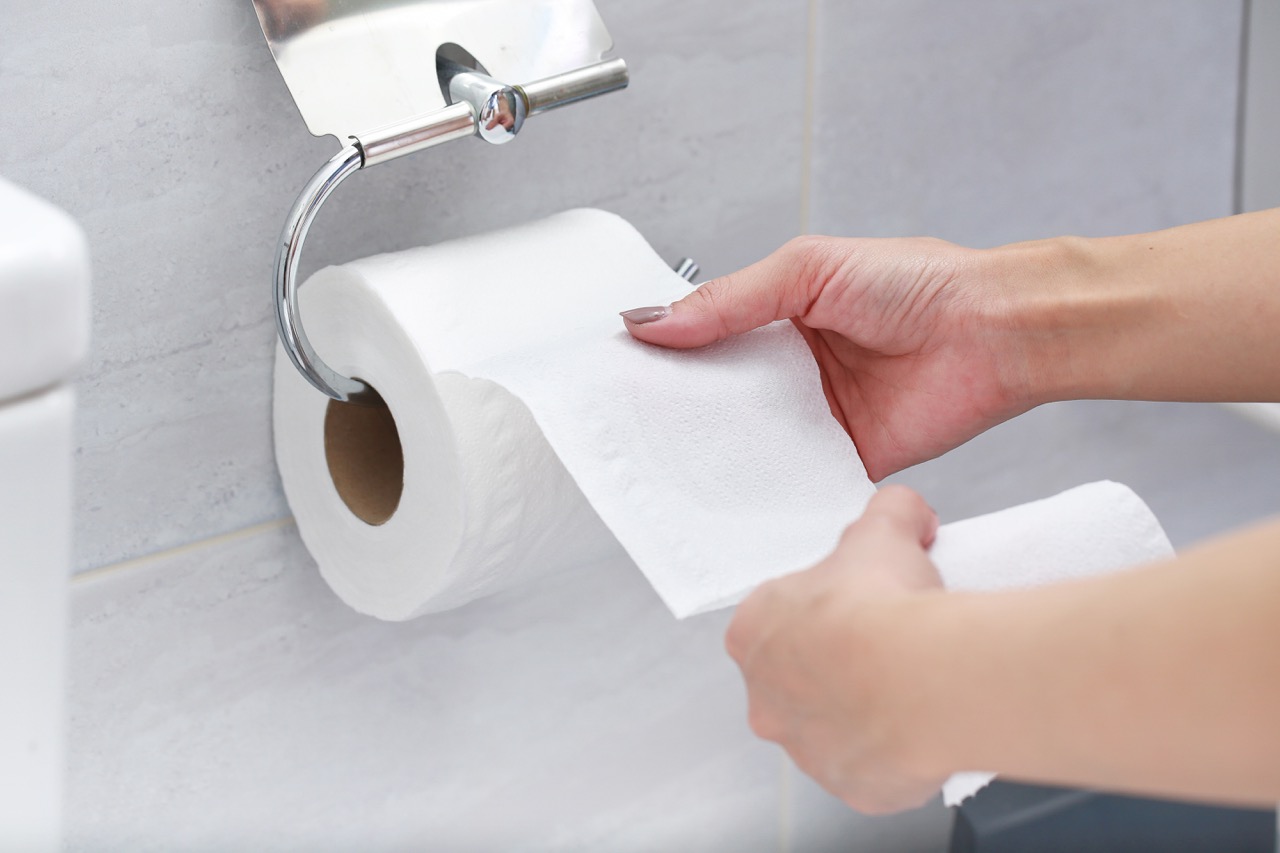
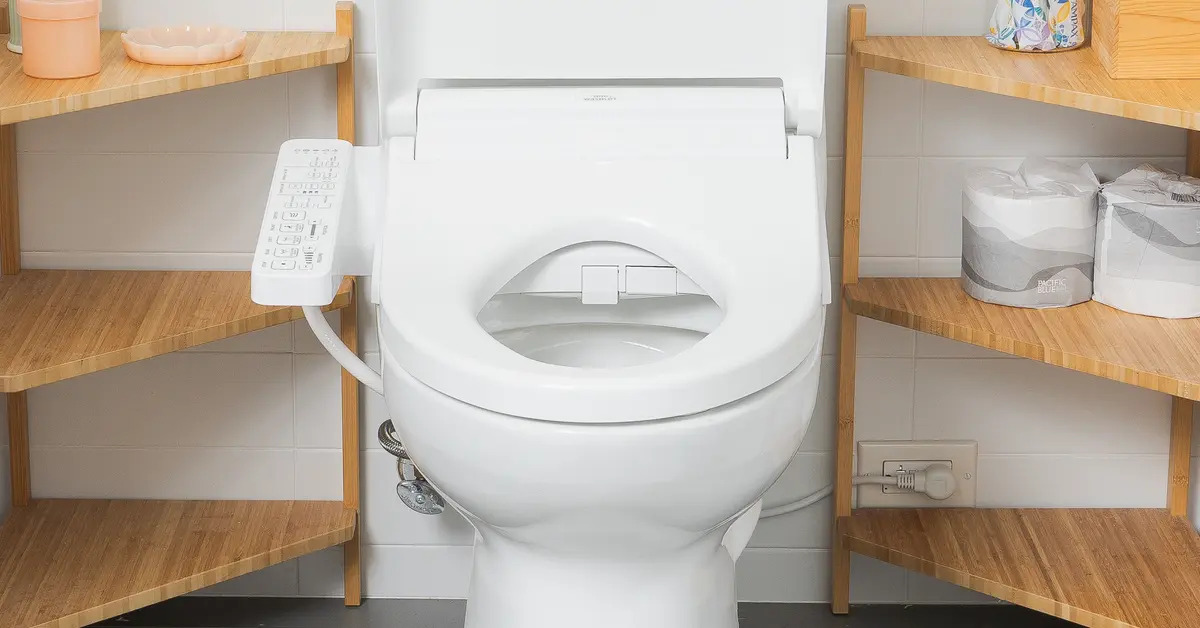
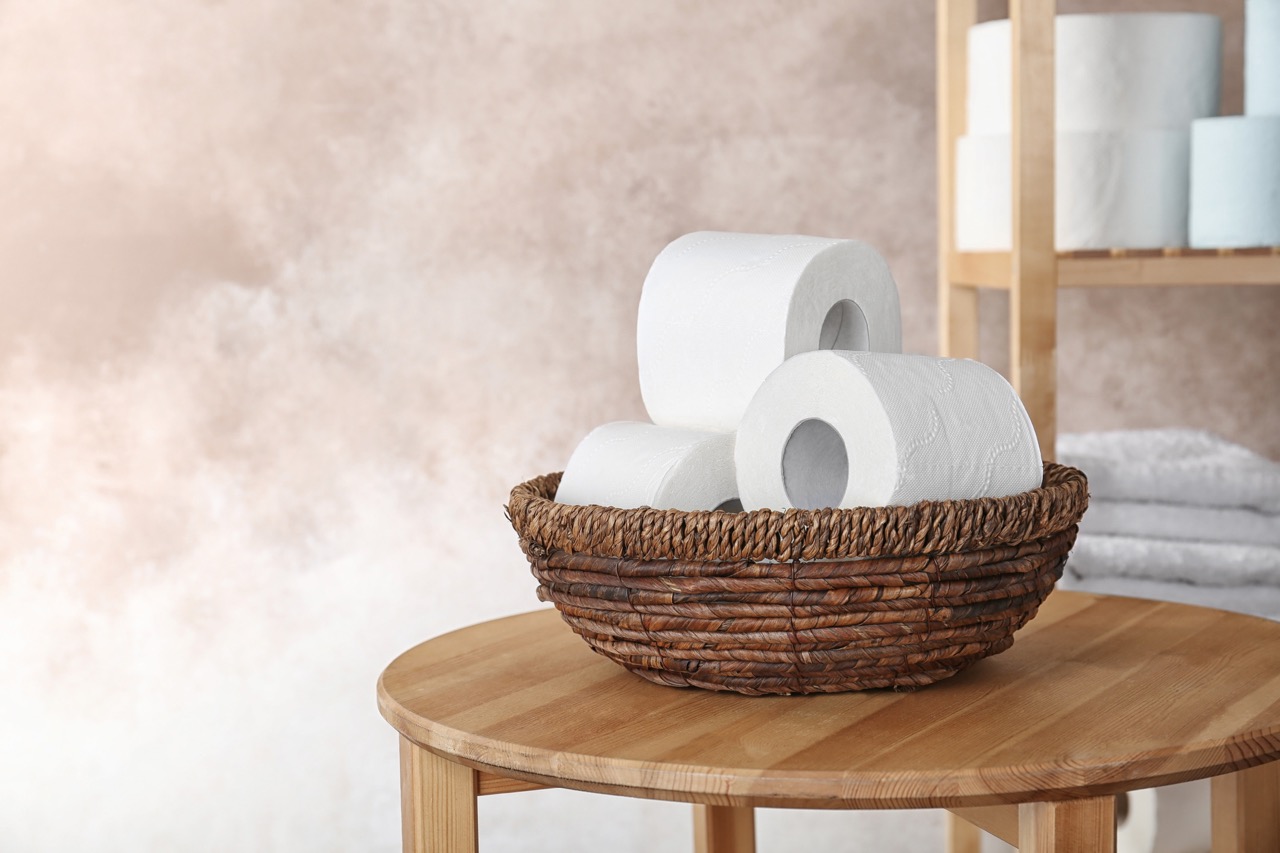
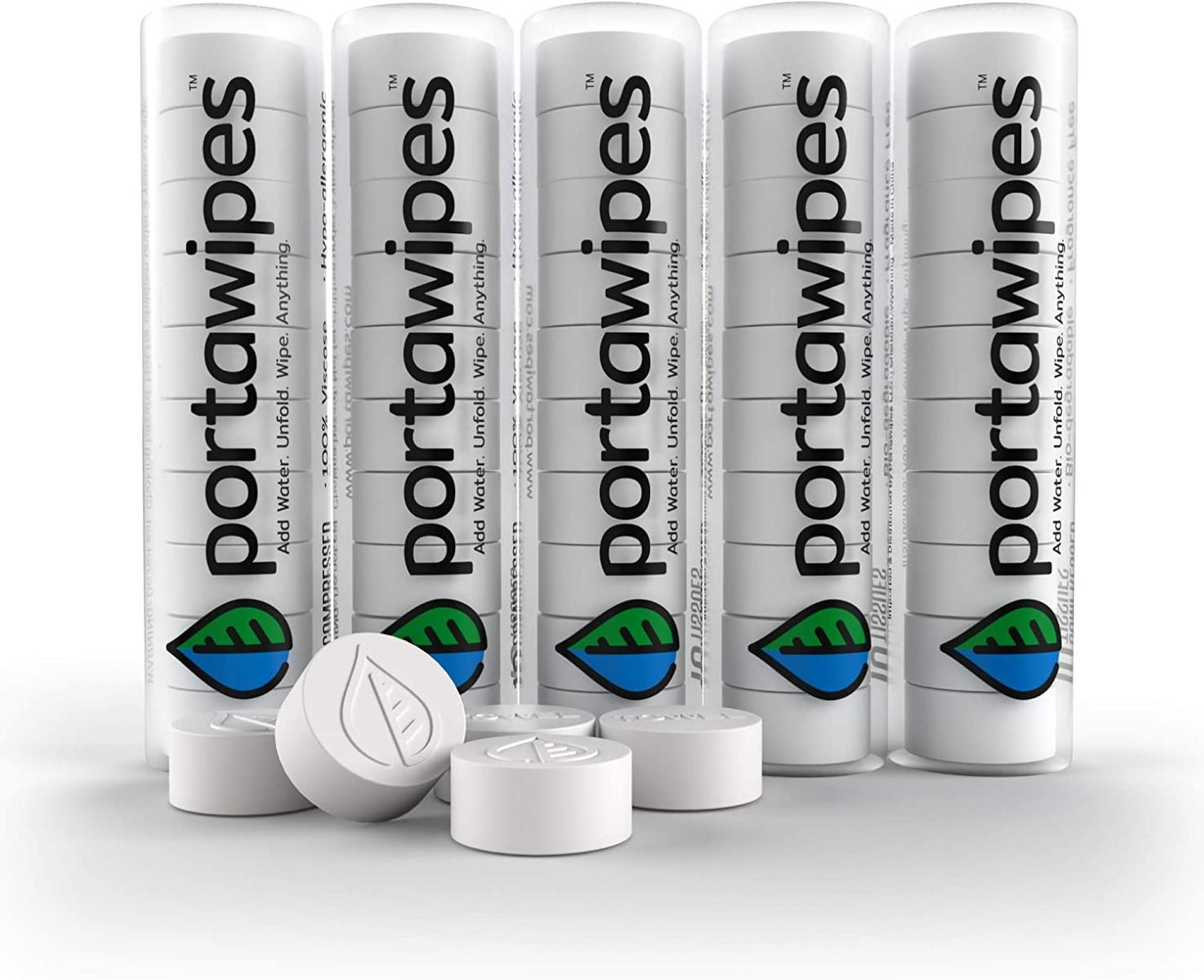
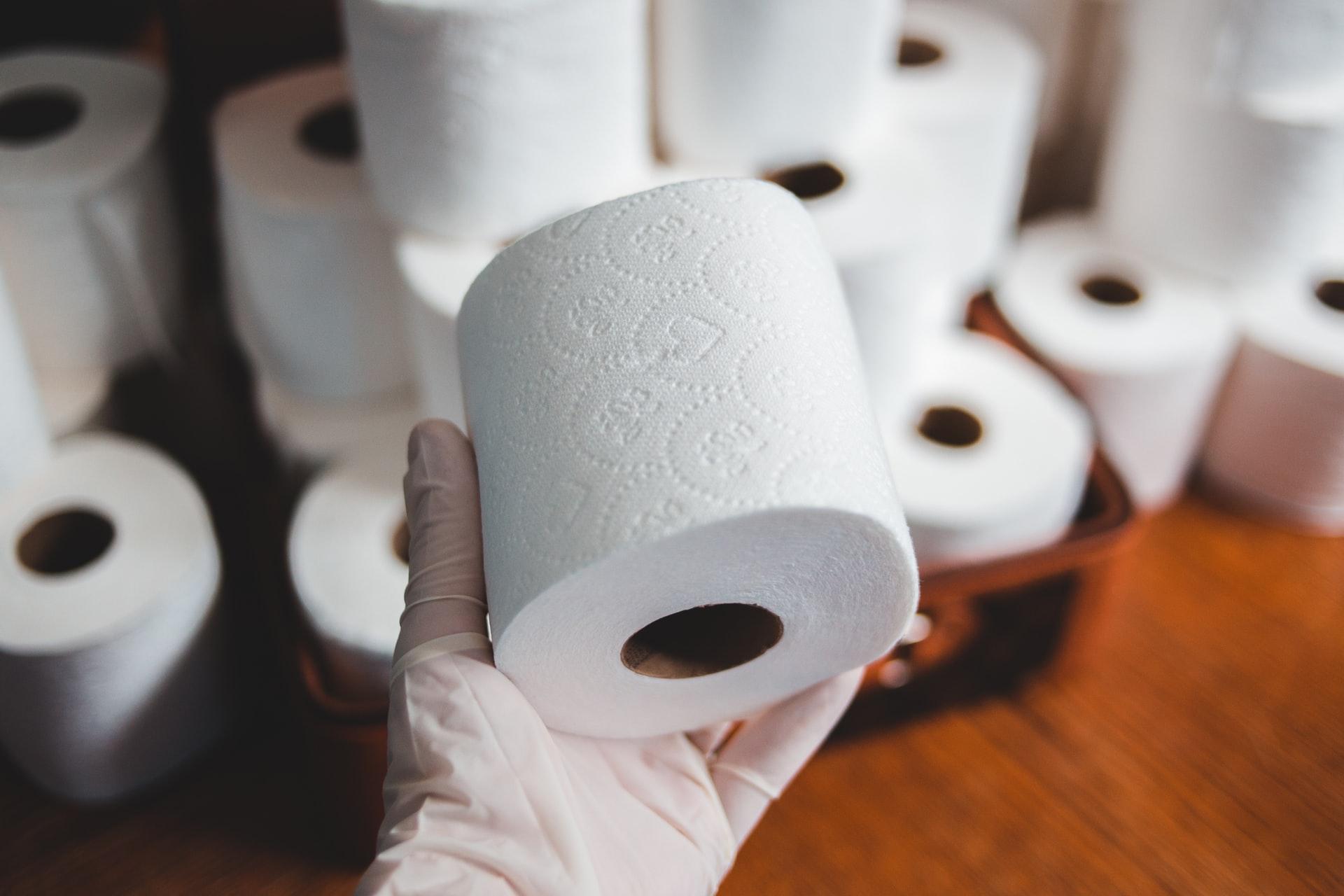
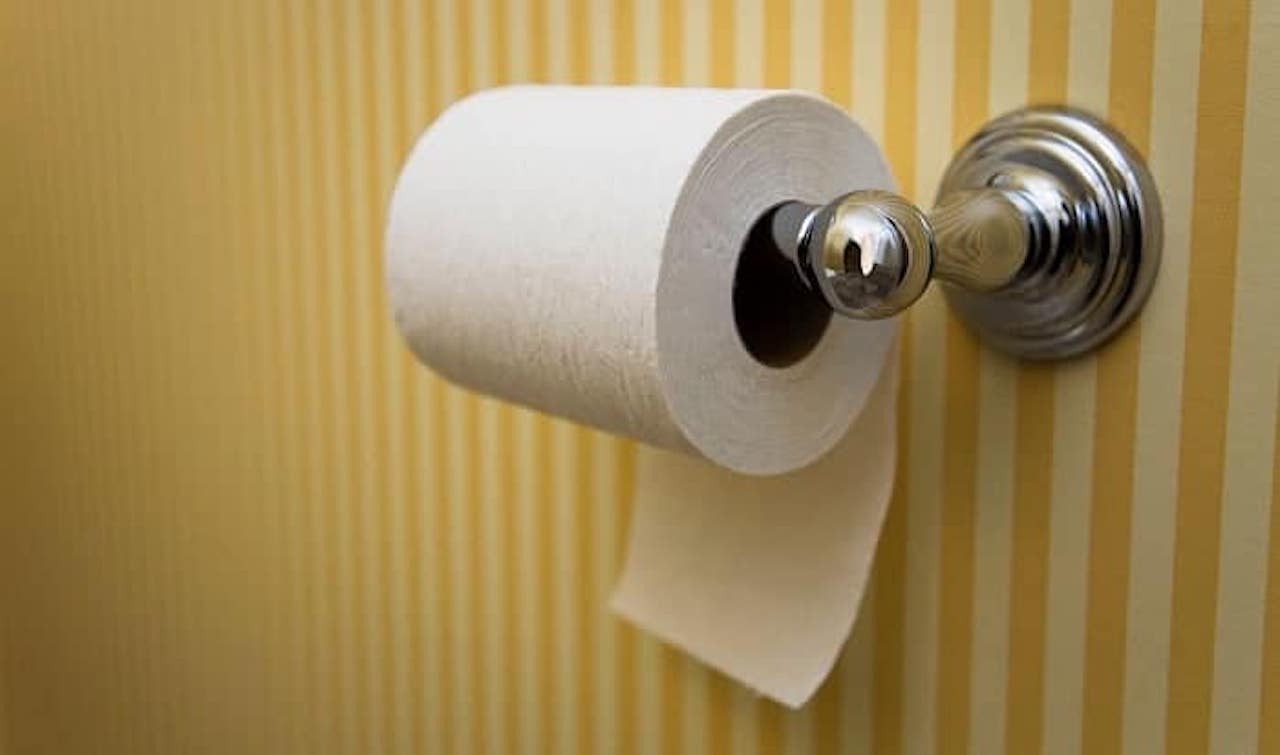
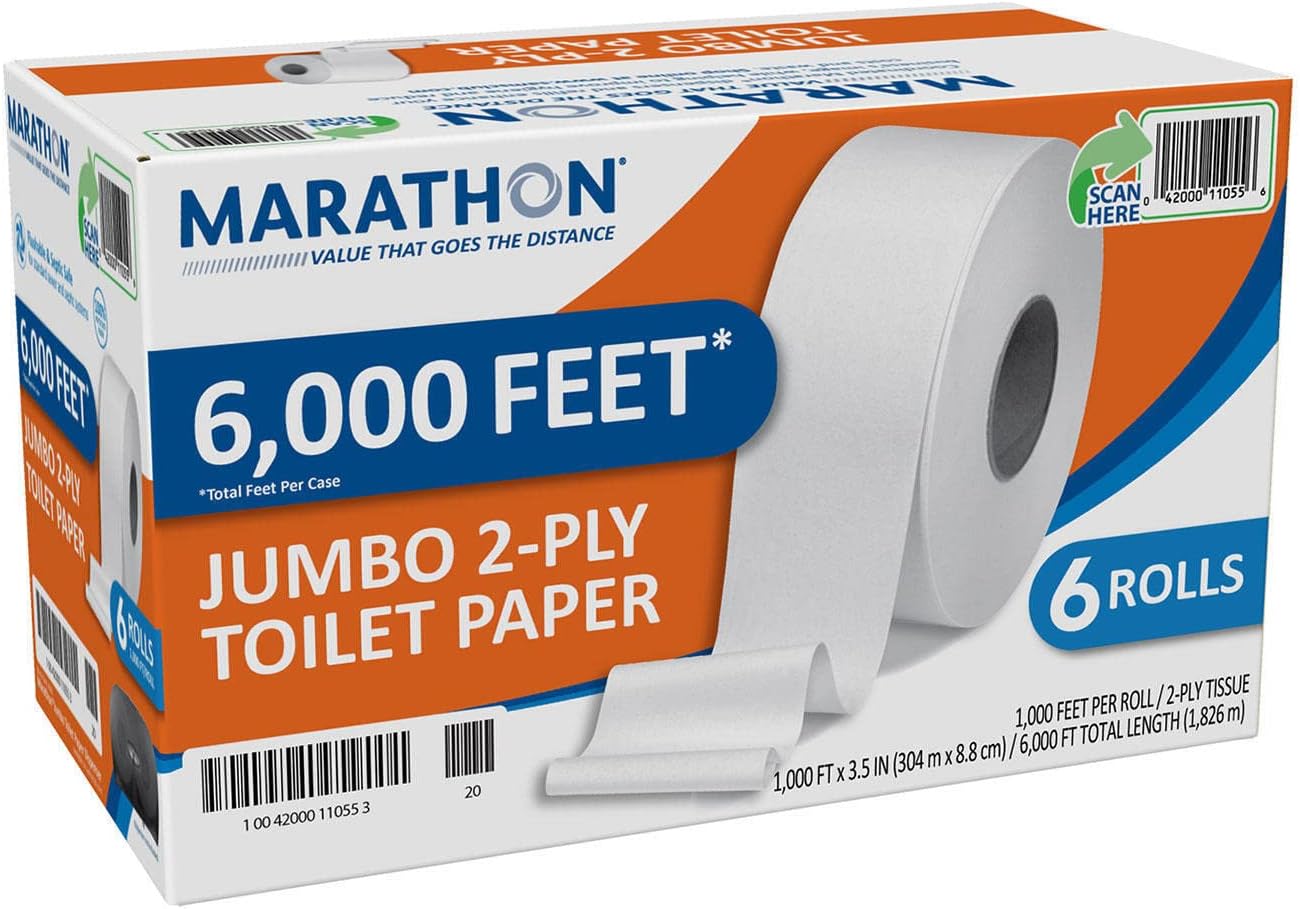
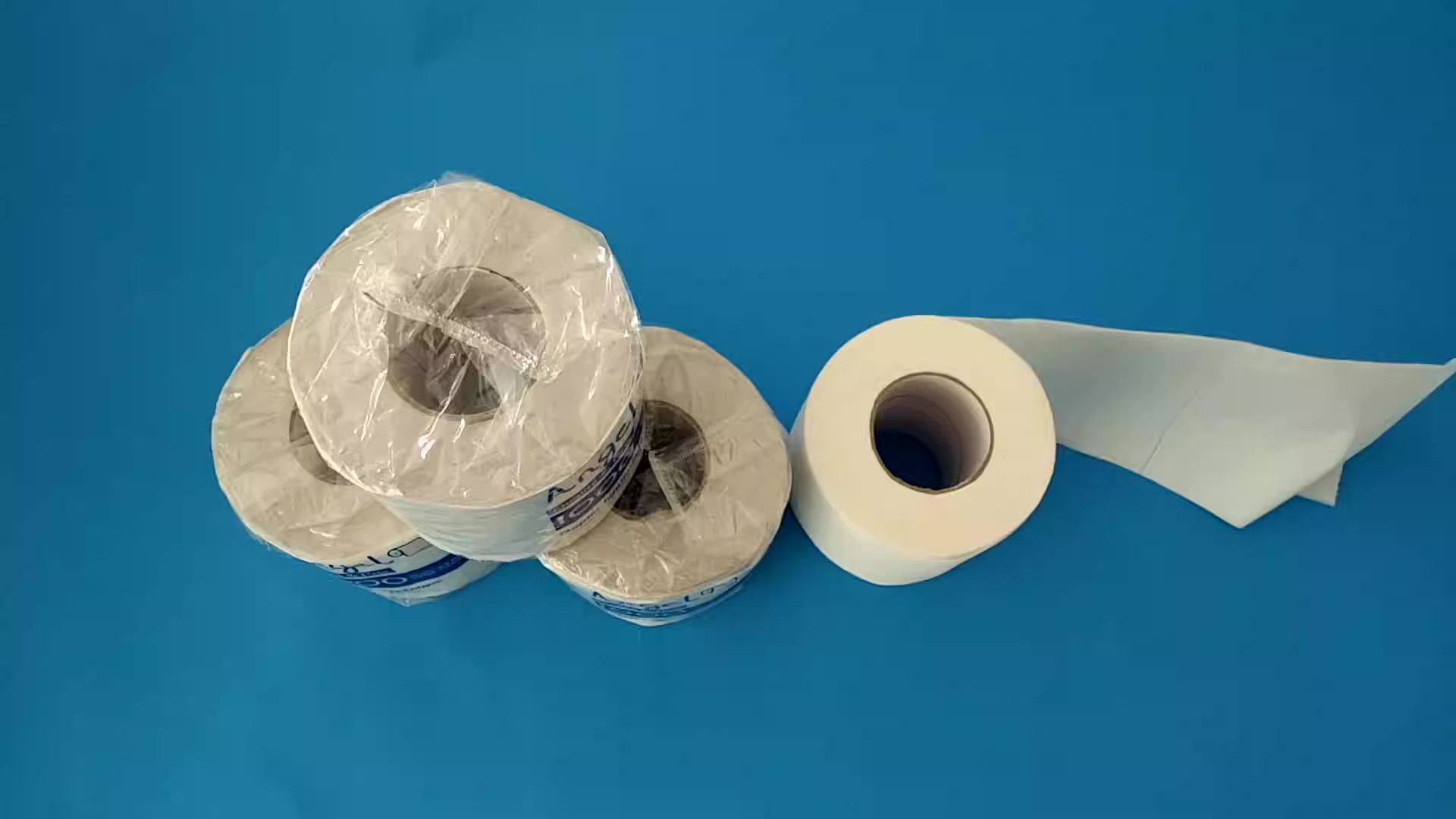
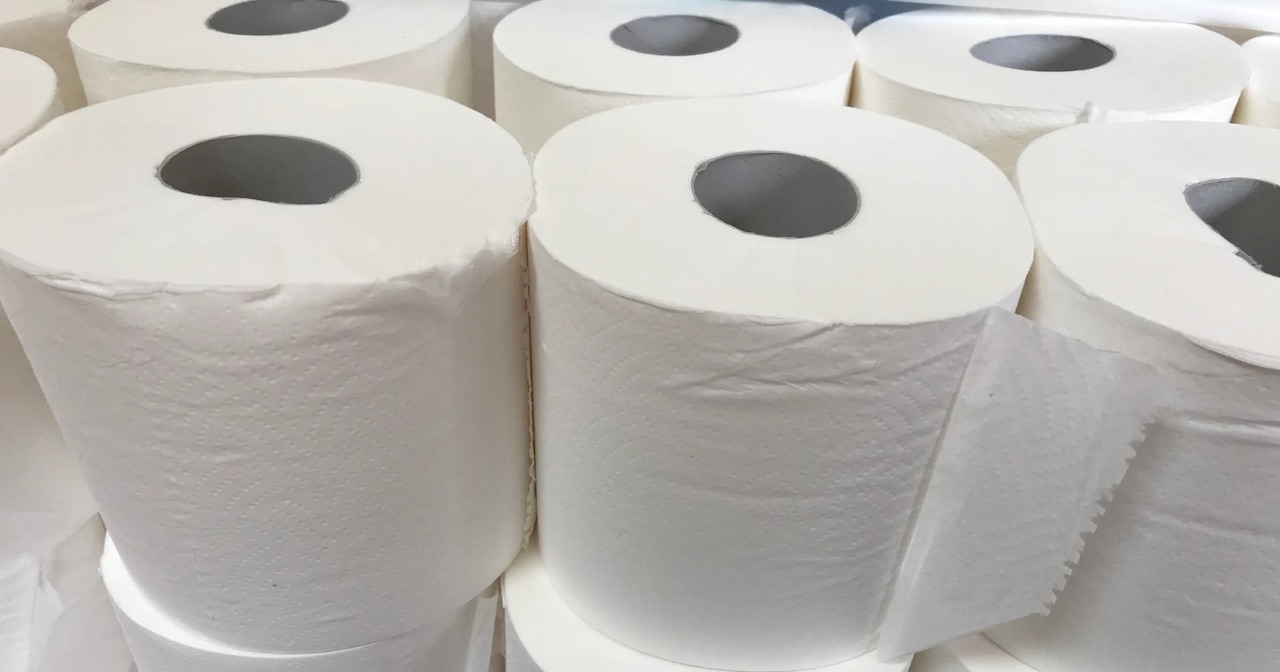
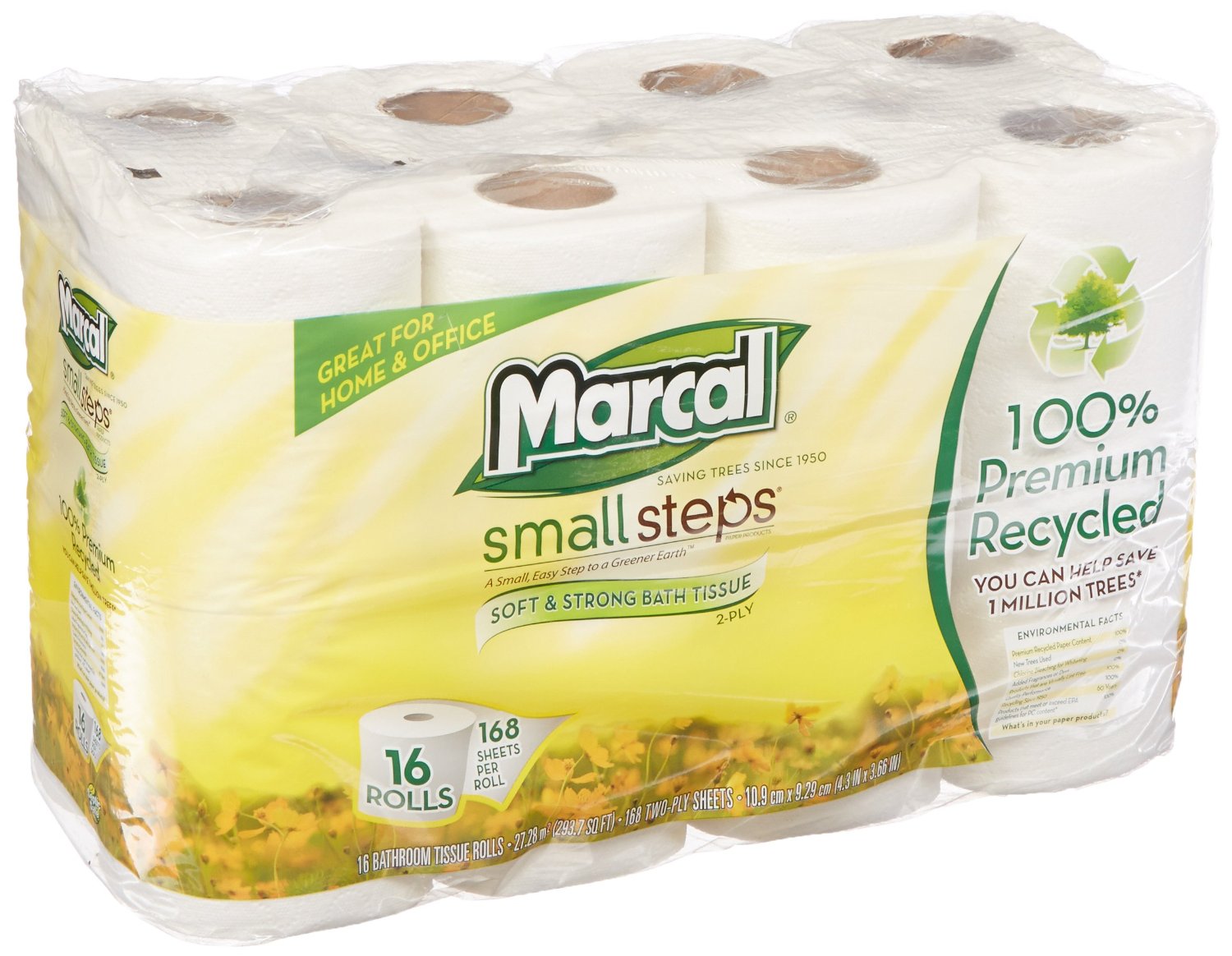
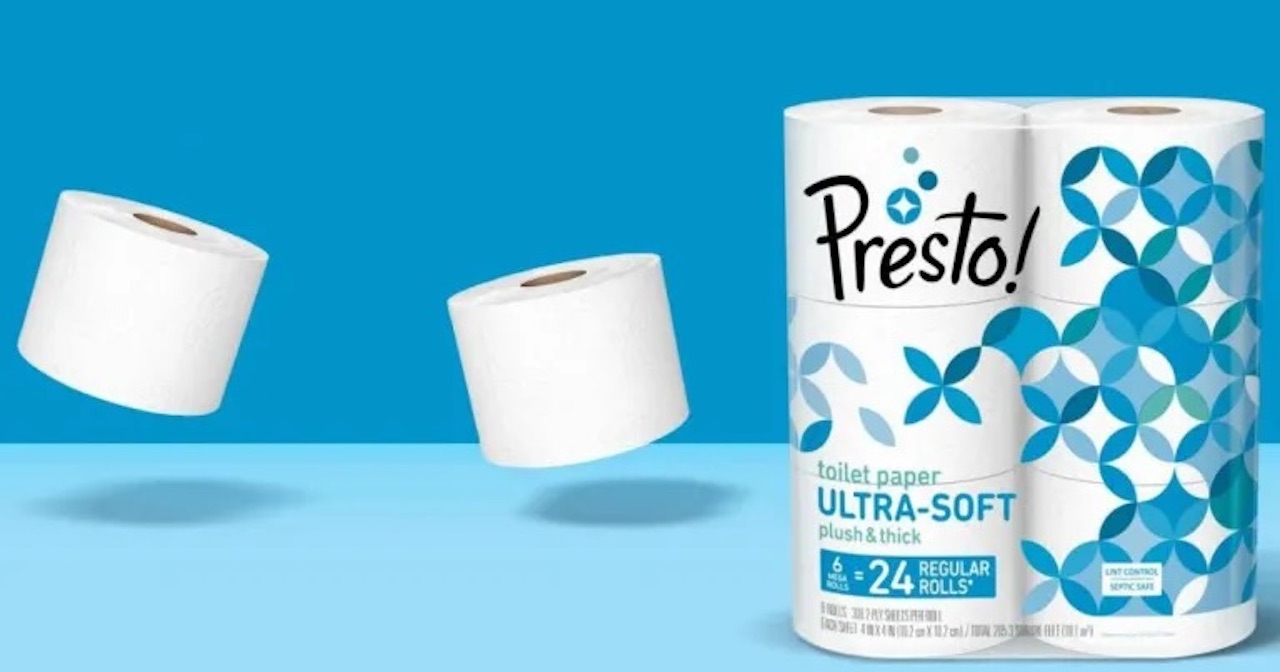
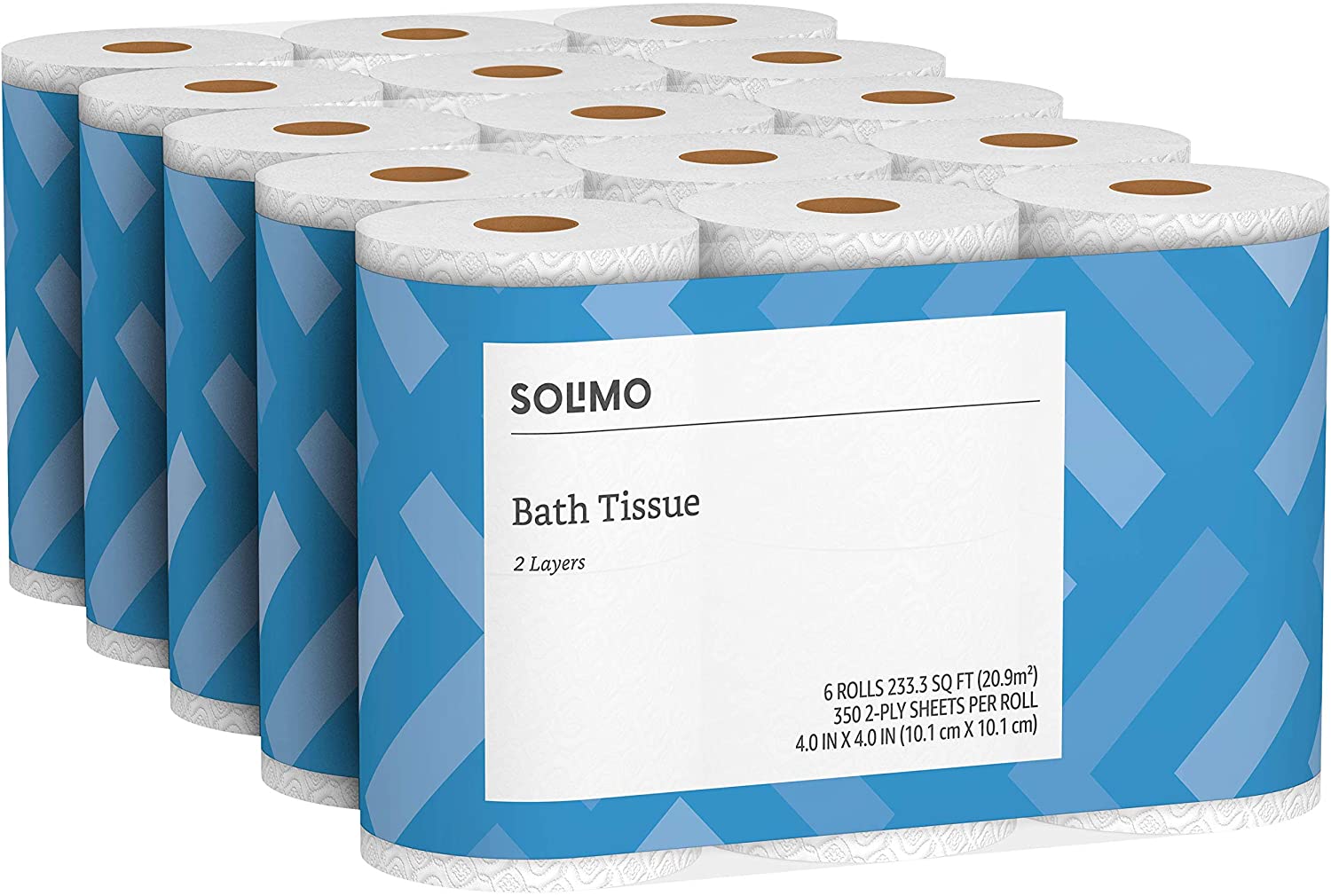

0 thoughts on “Which Toilet Paper Is Best For Plumbing”